|
With just days to go before our nation celebrates its Independence Day on July 4th, the Supreme Court ruled in favor of democracy. In the case of Moore v. Harper the Supreme Court upheld a decision by North Carolina’s top court to strike down a partisan congressional map. The ruling rejects the notion that under the “independent state legislature theory”, a state legislature has the exclusive and independent authority to set the rules for federal elections and drawing congressional maps. Importantly, the ruling preserves the checks and balances required to safeguard the integrity of our federal elections. It also protects against rogue state legislators overturning the will of the voters by introducing an alternate slate of electors into a presidential election. The ruling won’t protect against voter suppression and all questionable congressional maps, but it is a step in the right direction in favor of federal election integrity. Independent State Legislature Theory: It is a narrow reading of the Constitution that has been used by some partisan groups to justify the actions of state legislatures to gerrymander electoral maps, pass restrictive voting laws, and ultimately control the outcome of elections. The Constitution does delegate the administration of federal elections to the states, but with congressional oversight. The two relevant clauses in the Constitution are the “Elections Clause” and the “Presidential Electors Clause”. The Elections Clause reads, “The Times, Places and Manner of holding Elections for Senators and Representatives, shall be prescribed in each State by the Legislature thereof; but the Congress may at any time by Law make or alter such Regulations.” The Presidential Electors Clause reads, “Each State shall appoint, in such manner as the Legislature thereof may direct, a Number of Electors.” These are the electors who actually vote for the president on behalf of the state in the Electoral College. Proponents of the independent state legislature theory use the two aforementioned clauses to bolster their claim that state legislatures have exclusive and near absolute power to regulate federal elections. The Supreme Court has rejected this interpretation of the Constitution in several previous cases, maintaining that state courts have oversight responsibility to ensure that laws for federal elections comply with their state constitutions. The Ruling: In a 6-3 ruling, the Supreme Court rejected the independent state legislature theory and affirmed that North Carolina’s top court had the right to strike down a congressional redistricting map that it deemed unfairly partisan. According to the majority opinion written by Chief Justice John Roberts, “State courts retain the authority to apply state constitutional restraints when legislatures act under the power conferred upon them by the Elections Clause.” His opinion further states that the Court rejected the contention that the Elections Clause vests state legislatures with exclusive and independent authority when setting rules governing federal elections. Results of the Ruling:
Implications of the Ruling: The ruling in Moore v. Harper is a repudiation of the independent state legislature theory. Without this ruling rogue state legislatures would be emboldened to run federal elections any way they wanted to, even if it meant violating their state’s constitution. Taking it to the extreme, if state legislatures had independent authority over federal elections, they could choose a slate of electors in presidential elections favorable to their party, irrespective of the popular vote. Sound farfetched? A team of lawyers working for Donald Trump attempted to create fake slates of electors in seven key states won by Joe Biden, in an attempt to overturn the results of the 2020 presidential election. Fortunately, the scheme failed and may result in criminal prosecutions in several jurisdictions. The 2024 presidential election is heating up. Throw into the mix several court cases pending against Donald Trump and things are going to get interesting. The Supreme Court decided to hear Moore v. Harper precisely because of the implications that it has for the upcoming presidential election. By taking the independent state legislature theory off of the table, the Supreme Court has lessened the potential for partisan shenanigans. ChatGPT or any form of artificial intelligence were not used in the writing of this blog.
If you enjoy reading this type of commentary please subscribe to my blog and tell a friend. You will receive an email notification when new blogs are posted. The email will come from the site’s email: armchairamerican1776 @gmail.com. Thanks, Armchair American
0 Comments
|
AuthorThe Armchair American. Archives
November 2024
Categories
All
|
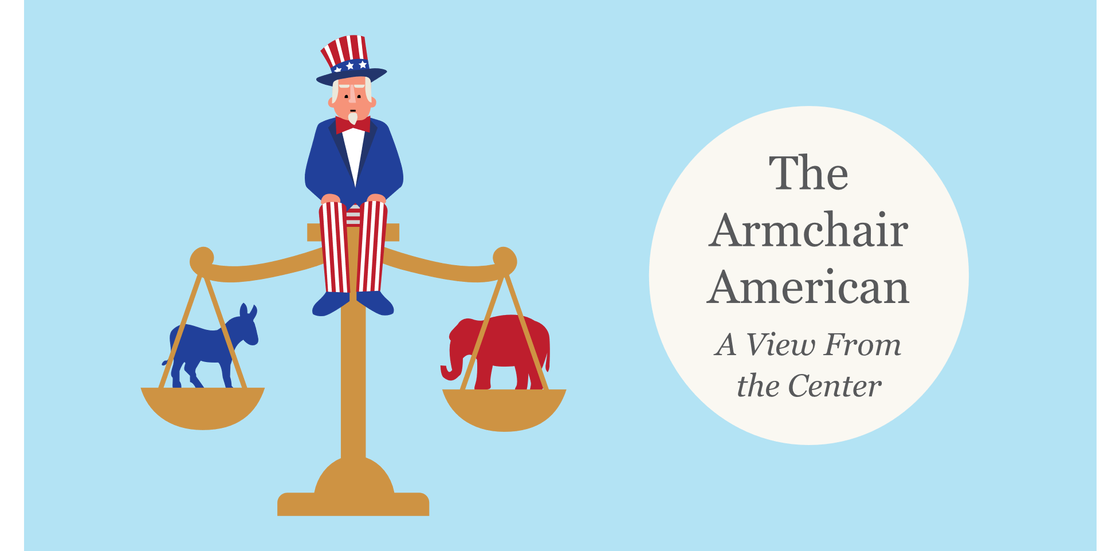
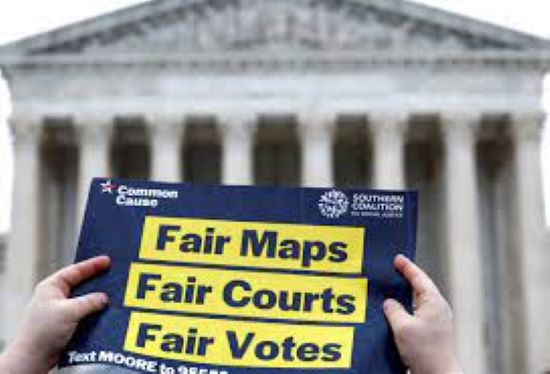
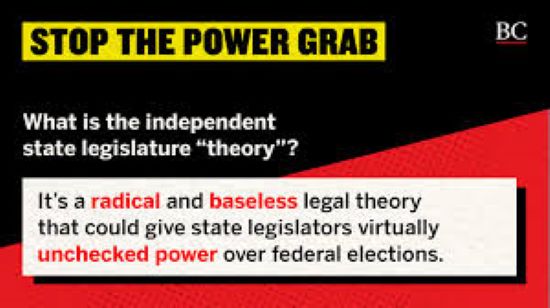
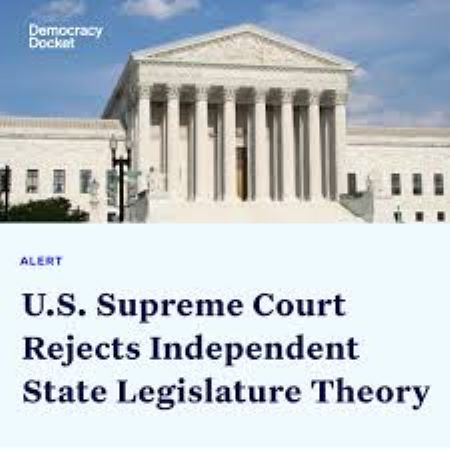
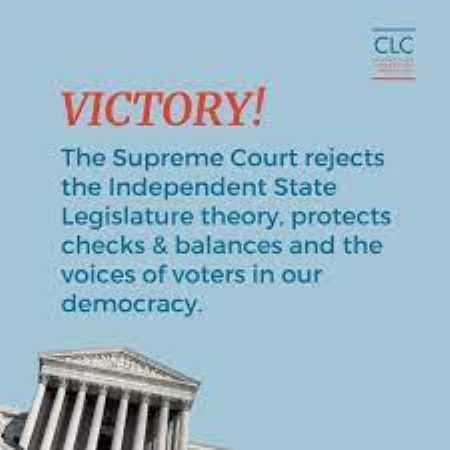

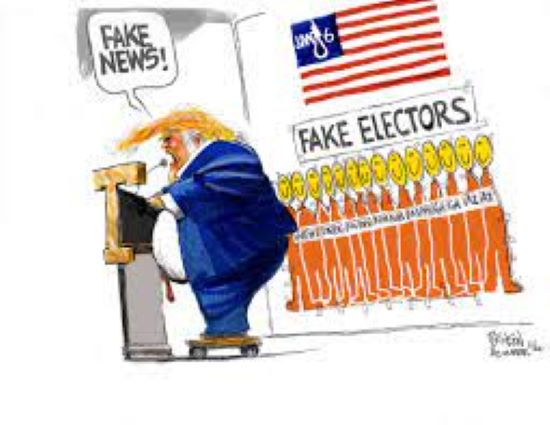

 RSS Feed
RSS Feed